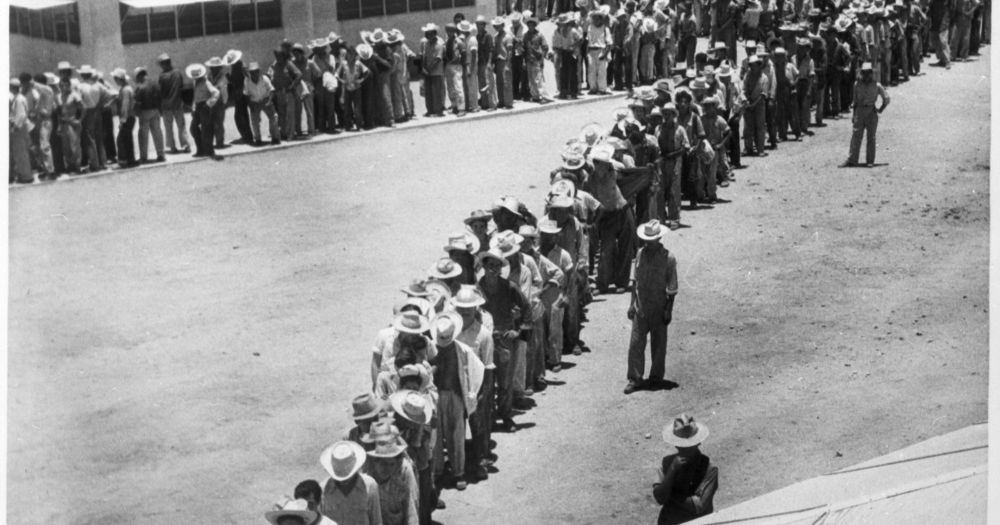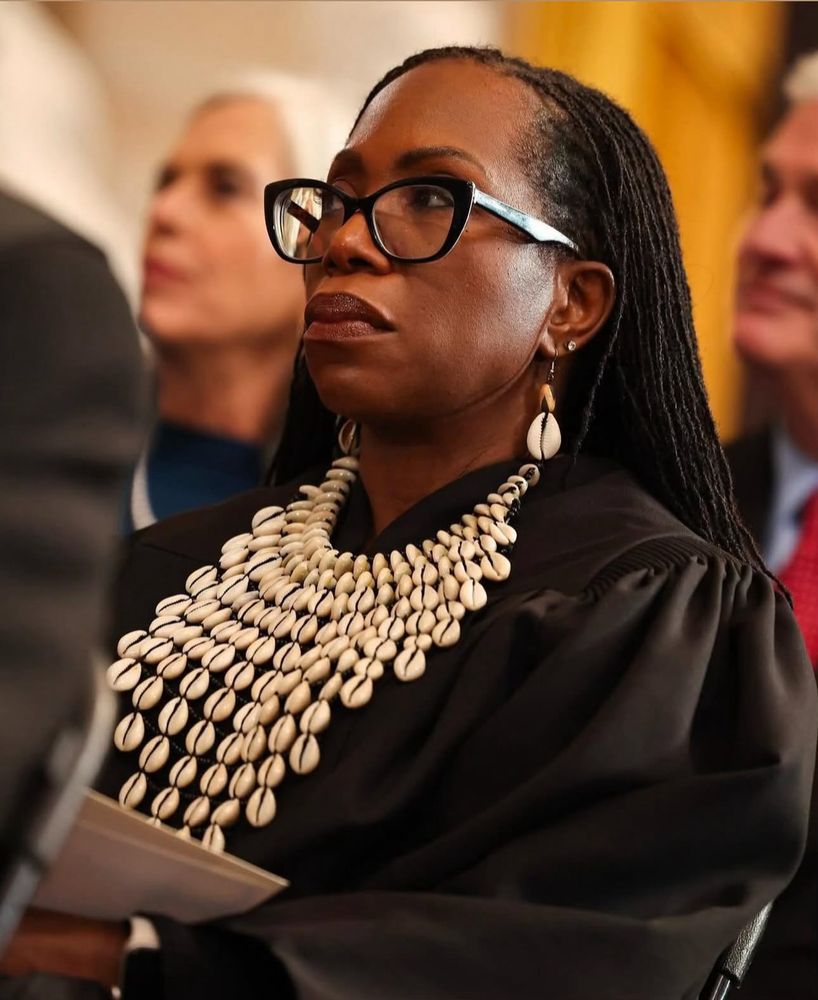
www.manchesterhive.com/view/journal...
www.manchesterhive.com/view/journal...


At the inauguration, Justice Ketanji Brown Jackson wore a distinctive collar adorned with cowrie shells, which are believed to offer protection from evil in African traditions.
This choice mirrors the late Justice Ginsburg’s practice of using collars to convey a message.

At the inauguration, Justice Ketanji Brown Jackson wore a distinctive collar adorned with cowrie shells, which are believed to offer protection from evil in African traditions.
This choice mirrors the late Justice Ginsburg’s practice of using collars to convey a message.
Hilary is coping so well here 😭😭




